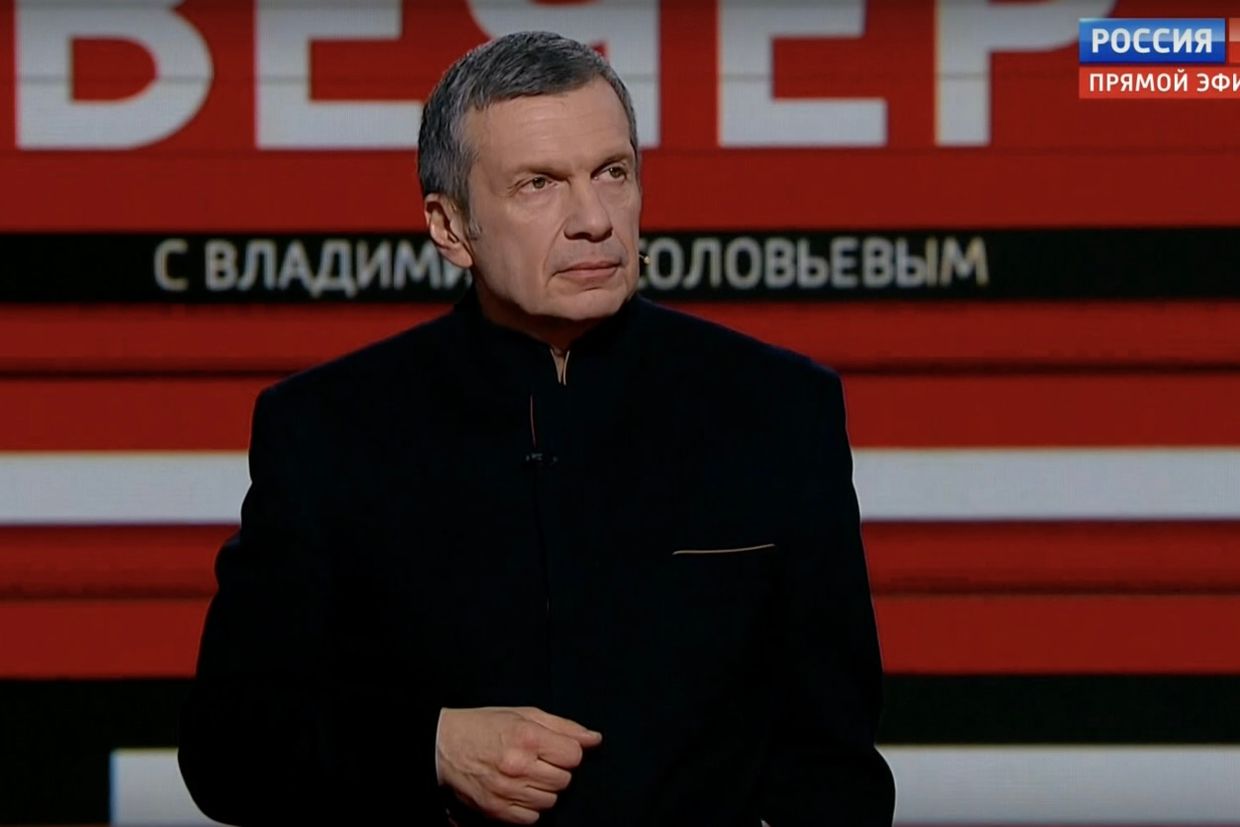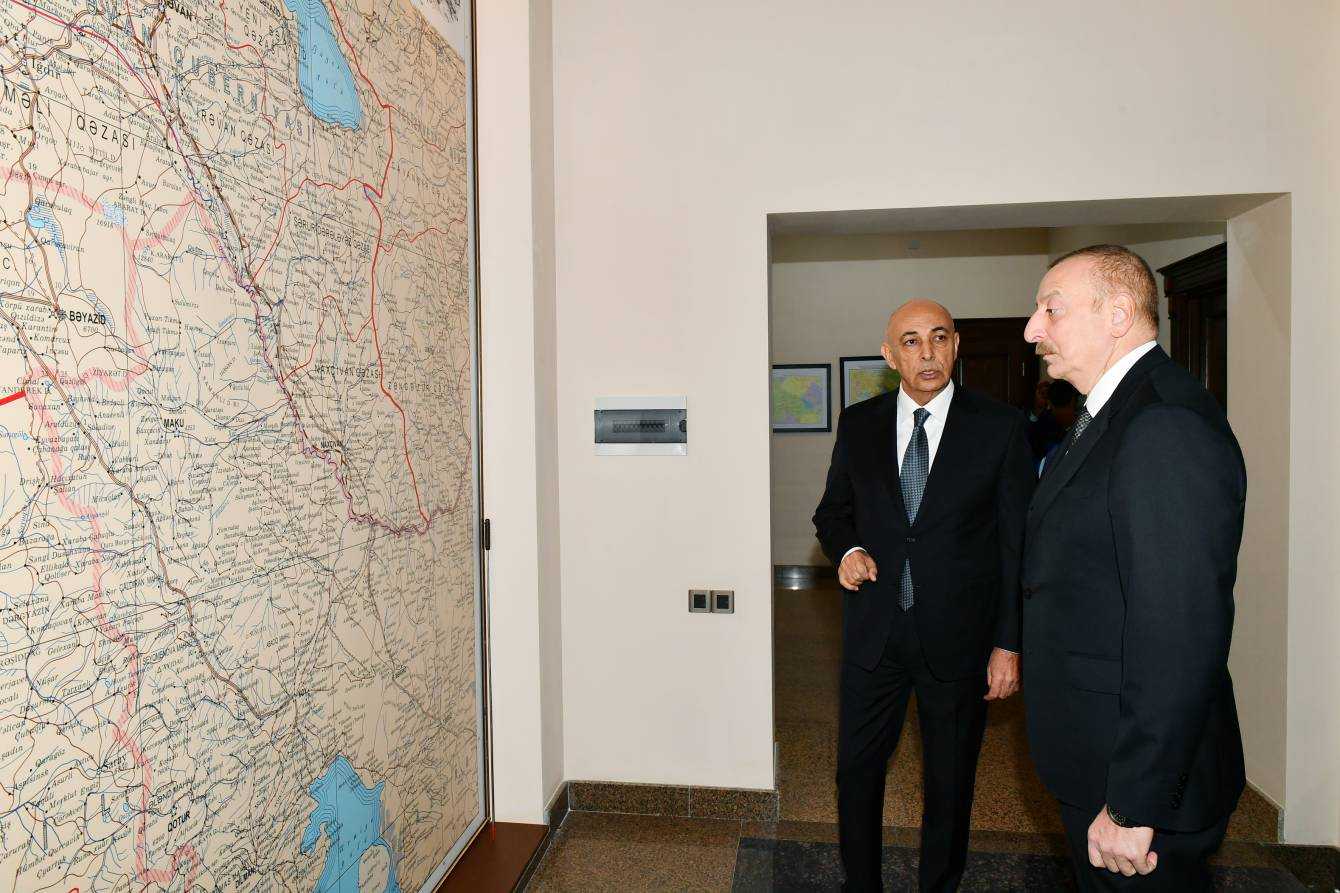Pashinyan says defence spending will not be raised in light of ‘established’ peace with Azerbaijan

Armenian Prime Minister Nikol Pashinyan has stated that the country’s defence spending may not see an increase in 2026, saying it was ‘logical’. Pashinyan has previously noted that Armenia and Azerbaijan had ‘established’ peace.
The statement was offered during a press briefing on Thursday, in response to a question regarding the defence cuts mentioned by Finance Minister Vahe Hovhannisyan earlier the same week.
‘I think that in the 2026 state budget, there will either be no significant increase in defence spending, or we won’t have any at all. I believe this is also logical’, Pashinyan said, adding that it was their ‘current assessment’.
However, he further noted that they would continue ‘operational analysis of the situation, and all of our decisions will be adequate, [corresponding] to the short-term, medium-term, and long-term developments’.
Ahead of Pashinyan’s own remarks on military spending, in an interview with Armenia’s Public TV on Wednesday, Hovhannisyan cited recently published ratings by Fitch Ratings, a global credit rating agency, that provided positive assessments of peace prospects between Armenia and Azerbaijan.
On 19 August, the agency assessed ‘the peace framework agreement’ between Armenia and Azerbaijan as ‘a positive step towards a comprehensive deal and reduces the risk of renewed hostilities’, despite there still being obstacles to the process.
‘Given the large fiscal deficits projected (averaging 4.4% of GDP in 2026–2027), a peace deal could ease budget pressures from defence spending, which is set to increase by 0.7pp to 6.1% of GDP in 2025’, the report said.
‘What Fitch has recorded, we have already planned to implement’, Hovhannisyan said.
Saying that work was underway on Armenia’s 2026 budget, Hovhannisyan noted that they planned to decrease the Defence Ministry’s budget, compared to that of 2025.
Throughout their conflict, Armenia and Azerbaijan have both allocated big shares of their state budgets to military spending. In the aftermath of the Second Nagorno-Karabakh War of 2020, and following several Azerbaijani attacks on Armenia, Yerevan announced a 20% increase to its military spending for its 2025 budget.
In turn, Azerbaijan’s military budget has steadily grown since President Ilham Aliyev assumed power in 2003, with the country’s 2025 military budget reaching ₼9.4 billion ($5.5 billion).

Azerbaijan does ‘not intend to wage war with anyone’
In a similar manner as Pashinyan, following the Washington summit on 8 August, Aliyev noted that the initialling of the peace treaty ‘actually puts an end to the Armenia–Azerbaijan conflict’.
The statement was offered during his visit to Kalbajar on Thursday, where Aliyev also stated that the Armenia–Azerbaijan ‘reconciliation process has almost been completed’, assessing the signed documents ‘fully consistent with our interests’.
In the same speech, Aliyev said that ‘there was not a single safe building left in the city of Kalbajar’.
‘It was mere barbarity. It was an inhuman act, and it was done not by one person, not by 10 people, but en masse. They should deal with these issues and see what kind of society Armenia lives in’, he said. ‘This society is sick, and I am saying this openly. I do not want to insult anyone’.
Talking about their achievements as a result of the Second Nagorno-Karabakh war and aftermath developments, and achievement of full control over the region through force, Aliyev noted that his country ‘must be ready for war at any moment’.
‘Because the processes in the world are going in such a direction that it is impossible to predict what may happen tomorrow. We ourselves are the guarantor of our security — the government, the people and our Armed Forces’, Aliyev said.
Aliyev added that Azerbaijan was ‘building up’ its military capacity, having increased the number of its special forces ‘by thousands’.
‘I don’t want to specify the number, but it is a large number’, he said, adding that Azerbaijan had acquired ‘the most modern unmanned aerial vehicles and new artillery systems’.
‘We must be ready for war at any moment. Because the processes in the world are going in such a direction that it is impossible to predict what may happen tomorrow’, he said.
However, when he concluded his lengthy speech, he noted their lack of intention ‘to wage war with anyone from now on’.
‘If we face a threat, then everyone will still see our iron fist’.
So far, there is no news of Azerbaijan's intention to cut off military spending. However, his statements came amidst some progress made on the peace treaty with Armenia and rising tensions with Russia.











